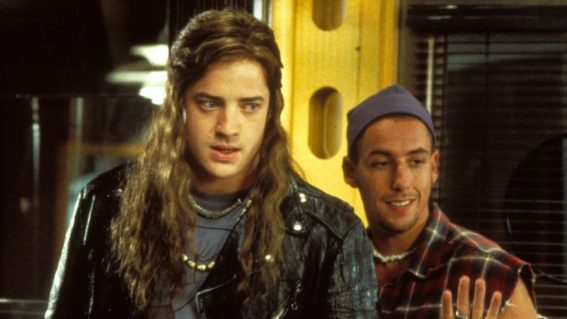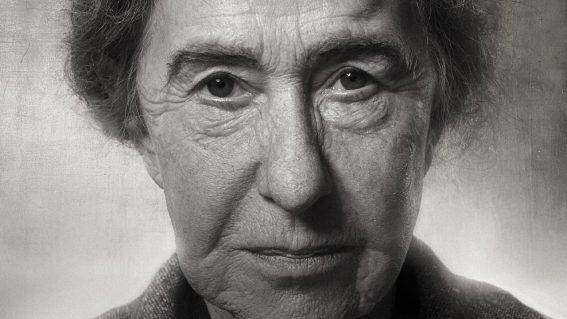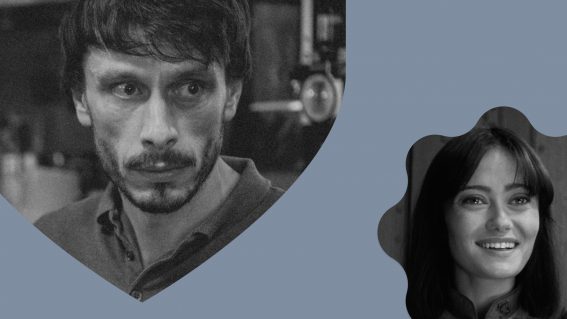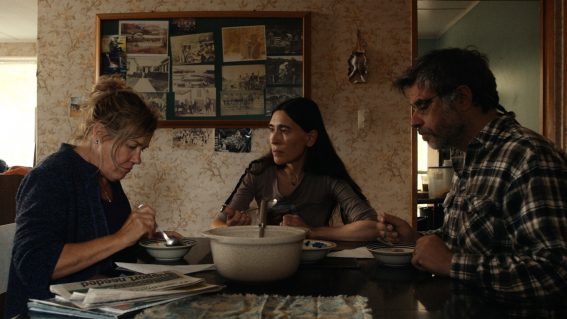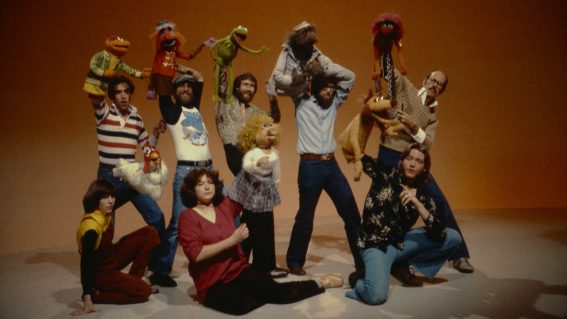Should ‘love letters to cinema’ be returned to sender?
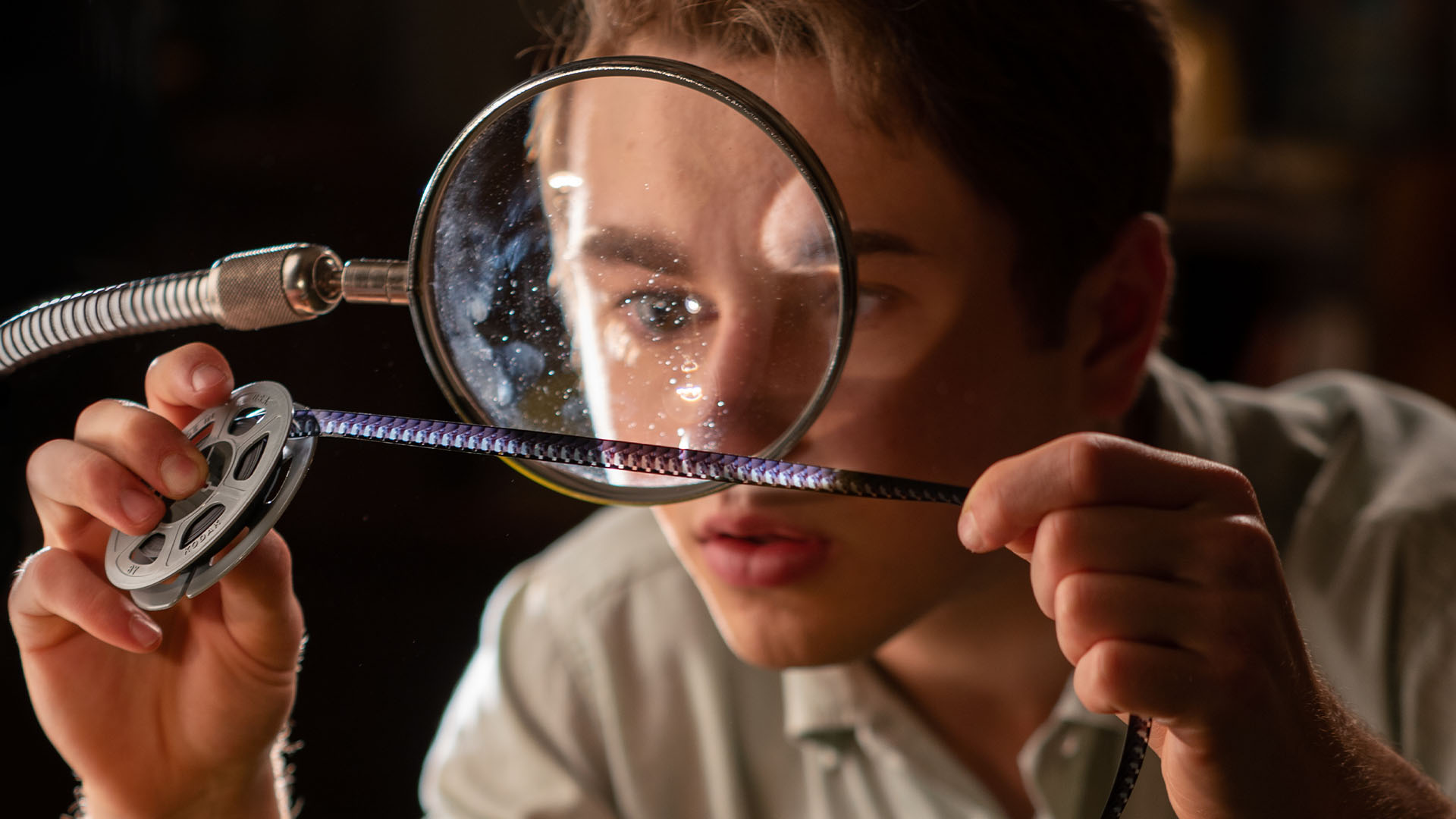
If we know one thing about Hollywood (and cinema in general), it’s that it loves to celebrate and mythologise itself. With a trio of films arriving in close proximity to one another, Rory Doherty ponders if enough is enough.
Let it be known January 2023 was the month UK audiences were asked: isn’t cinema great? In three different films, seasoned pros and soon-to-be legends offer us their reflections on the magic of the artform that unites us all.
Even though mileage seems to be varying in terms of critical reception across Empire of Light, Babylon, and The Fabelmans, one thing unites their “love letters to cinema”. As we all stare up in awe, these films point out all the imperfections appearing on the silver screen. Like switching between reels in an old-style projector, seeing these films up in quick succession reveals how cinema isn’t something to be unapologetically lauded over – its beauty can be bittersweet.
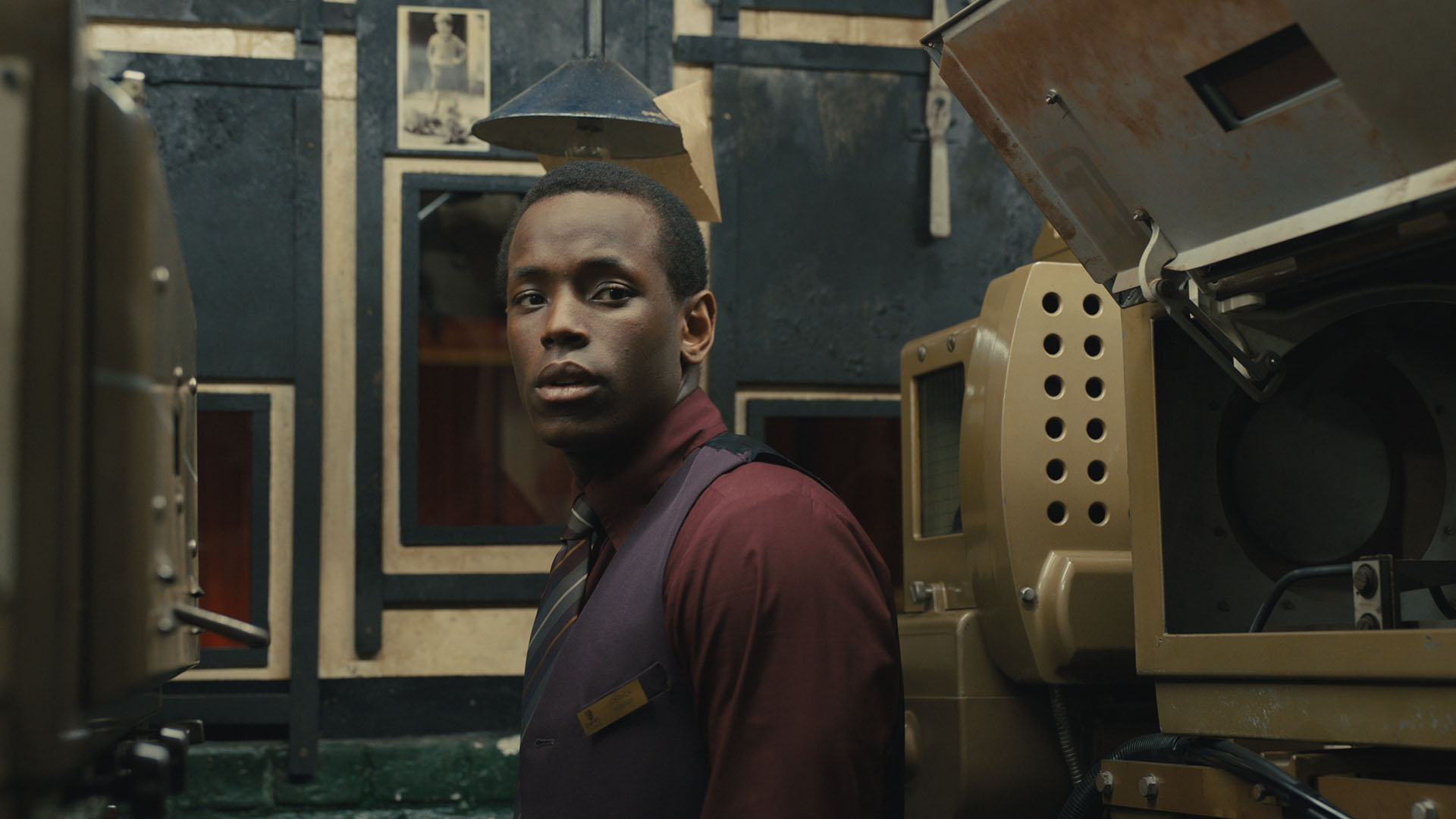
Empire of Light
Sam Mendes’ first solo screenplay credit hasn’t gone down like the sweet piece of Oscar bait it was supposed to be. Garnering some of the worst reviews of the theatre director’s career, many struggled with the insincere and poorly written romance between two local cinema workers, played by Olivia Colman and Michael Ward. What’s more, attempts to flesh out these characters with parallel arcs about schizophrenia and 1980s English racism made for a severely lopsided story. What’s universally been praised is Roger Deakins’ crisp, beautiful cinematography, as well as Trent Reznor and Atticus Ross’ faultless, all-consuming score—as if any of them could have a misfire.
The greatest strength of Empire of Light is in how it showcases cinema, not in the decadence of Hollywood or the meticulous craft of the filmmaker, but from the grounded, ordinary perspective of a humble watcher. Seeing an affable group of hospitality workers service a creaky art-deco cinema reminds us of the quiet ways the ritual of film-watching has crept into our bones—the sounds of the Pearl and Dean sting and the banter the employees prop each other up with is as much part of cinema as the films being played. When we get the inevitable scene of someone’s face lighting up, wide-eyed at the beauty of film, it’s in the context of the severe mistreatment and pain their character has undergone. The emotional transcendence of cinema really can be healing, but sadly its greatest effects are reserved for those who’ve suffered the most.

Babylon
On the complete other side of the empathy spectrum is Babylon, a venomous tirade against power abuse concealed as a riotous celebration of “the movies”. We begin in a Hollywood before colour, sound, and—most importantly—unions, and embark on a rags-to-riches-to-vomit rollercoaster of cocaine-fuelled ego. Manuel (newcomer Diego Calva) aspires to join an industry he knows won’t have anything to do with him, and inadvertently triggers the stratospheric rise of wannabe actress Nellie LaRoy (Margot Robbie) through a series of happy accidents, Freemason-esque studio decisions, and pure blistering talent. But what we’re always reminded of are the unpleasant, often abusive practices that helped build an empire in its infancy.
Babylon proved incredibly divisive upon its US release, and it’s not hard to see why; many took umbrage with the film’s exhausting style and scope, its crass and boorish sense of humour, and conflicted themes about “the magic of cinema”. But a lot of these faults were intentional, a commentary on the conflicted and unethical standards of ’20s and ’30s Hollywood. What the film encourages you to laugh at is often deeply unsavoury, whether it’s gross-out bodily excretions or deeply hateful slurs. The film shares a lot of DNA with Jordan Peele’s Nope, not just in focusing on the exemplary and necessary work of behind-the-scenes creatives but in the messy implications of making spectacle out of everything. Dressed up like a supercharged love letter, Babylon wants to make you feel conflicted about the legacy of the industry we love.
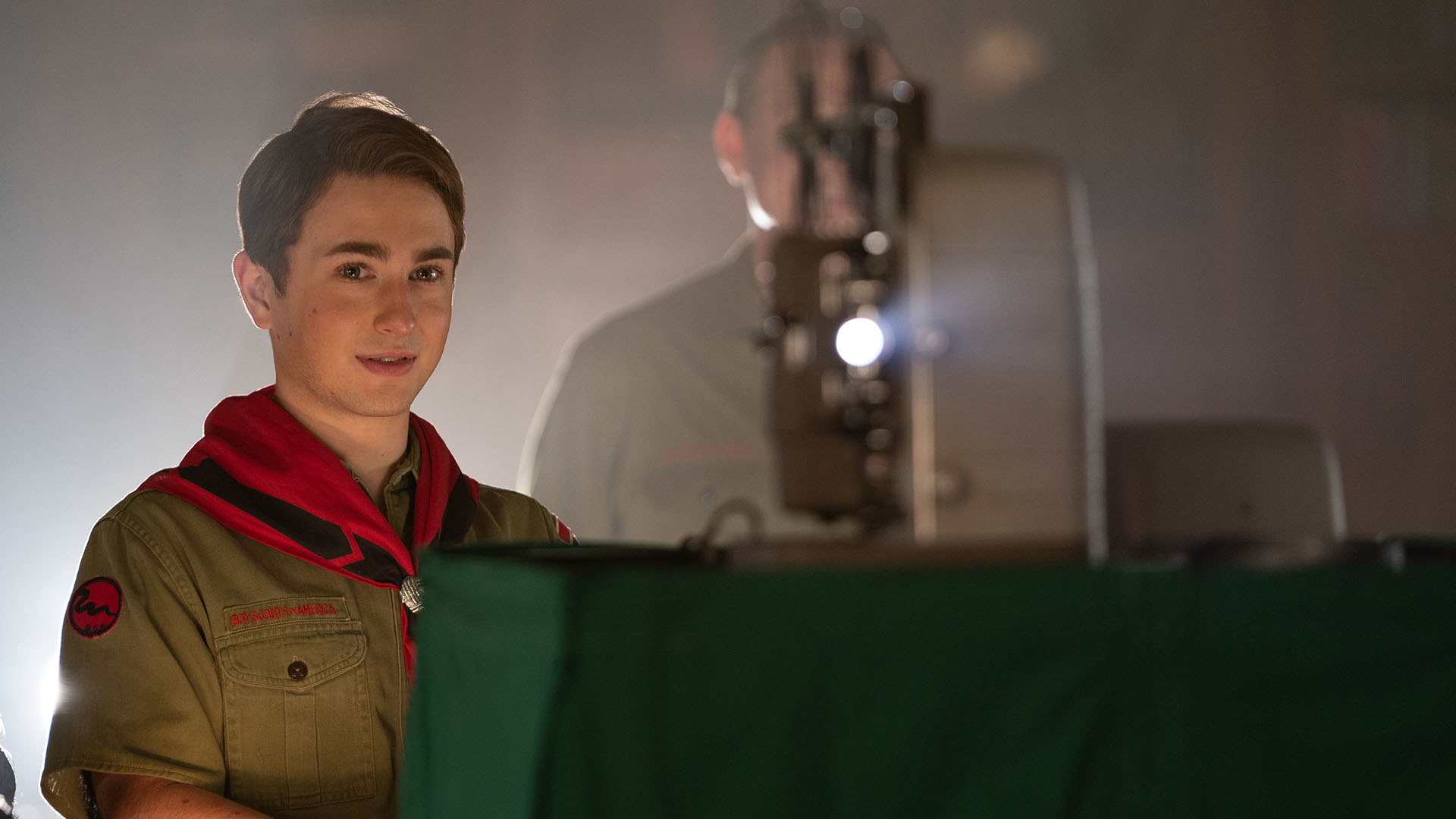
The Fabelmans
Trust the most prolific maestro of American cinema to sweep the floor with this autobiographical greatest hits of everything that influenced him growing up. This means we get the highs (making movies with his friends) as well as the lows (the dissolution of his parents’ marriage). Sammy Fabelman (Gabriel LaBelle) survives cross-country moves and growing concerns about his mother Mitzi’s (Michelle Williams) health and dissatisfaction with her marriage, all filtered through his camera lens. When he learns of his mother’s infidelity through the laborious editing process of camping vacation footage, it almost swears him off filmmaking for life.
Critics and audiences have been much kinder to Spielberg’s love letter, and aside from the aforementioned editing sequence, most have cited the scene where Sammy’s parents announce their separation and Sammy immediately imagines the scene through the barrel of his Super 8 camera. Both sequences show how filmmaking is used to break down unspoken barriers or construct them in order to avoid being vulnerable.
It’s reminiscent of last year’s Aftersun, another family drama about piecing together complicated relationships using recorded footage. Neither film is that ecstatic about the wonders filmmaking opens up for a young, confused person. The Fabelmans is the crown jewel in a month of reflections on the effects on cinema on put-upon creatives and watchers, making it clear that love letters to cinema can stay, as long as they keep including a P.S. that they can’t fix everything we want them to.







